Congratulations! You’ve won the lottery! The chances of that are “equivalent to flipping heads on a coin 28 times in a row,” or a probability of around 0.000000003725, and here you stand triumphant. But accessing your spoils isn’t as straightforward as you thought. What some casual gamblers forget is that lottery earnings are often subject to taxation per the Internal Revenue Service (IRS).
Under Topic No. 419, Gambling Income and Losses, the IRS requires winners to fill out Form 1040 to determine their individual income tax returns. That’s right: lottery earnings are designated as income under the law. If you’re wondering how much the IRS is asking for, Form 1040 has the answer. It effectively sets up an equation: total payments – total tax = amount you owe.
Once you’ve submitted the form, all that’s left is to make a payment! And refer to your state’s income tax. As the Academy of Saint Elizabeth is based in New Jersey, let’s take a look at New Jersey’s lottery payment protocol. On top of more forms for filling, the Garden State specifies that only “New Jersey Lottery winnings from prize amounts exceeding $10,000” are subject to the Gross Income Tax. Your withholding rate is determined by the size of your prize. Effectively, the government will take 5% of anything less than $500,000 (and over $10,000, as previously specified). Expect 8% shaved from lottery payouts that exceed $500,000.
Let’s understand the magnitude of this tax. Say you’re Edwin Castro from Los Angelos, California, and winner of the November 2022 Powerball with a “lump sum [of about] $997 million or … annual payments over about 30 years that’ll add up to the $2 billion,” according to CBS. Fortune reports that he opted for the upfront prize of $997 million which “after taxes came out to about $628 million.” Through the power of simple math, that means Castro walked away with just under 63% of the original cash prize. However, Castro and other lottery winners would optimize their earnings by waiting, in this case, 30-years for the money to more than double.
It’s also wise to invest in a qualified financial planner before accidentally blowing the money on luxuries and friends. For Castro, the New York Post noted his almost immediate splurges, from a trip to Fiji and buying expensive real estate across California. However, a 2020 study by the Harvard Business School claims that ” spending money on others—prosocial spending—leads to greater happiness than spending money on oneself.” So instead of buying a house in Bel-Air, perhaps focus your newfound affluence on the community.









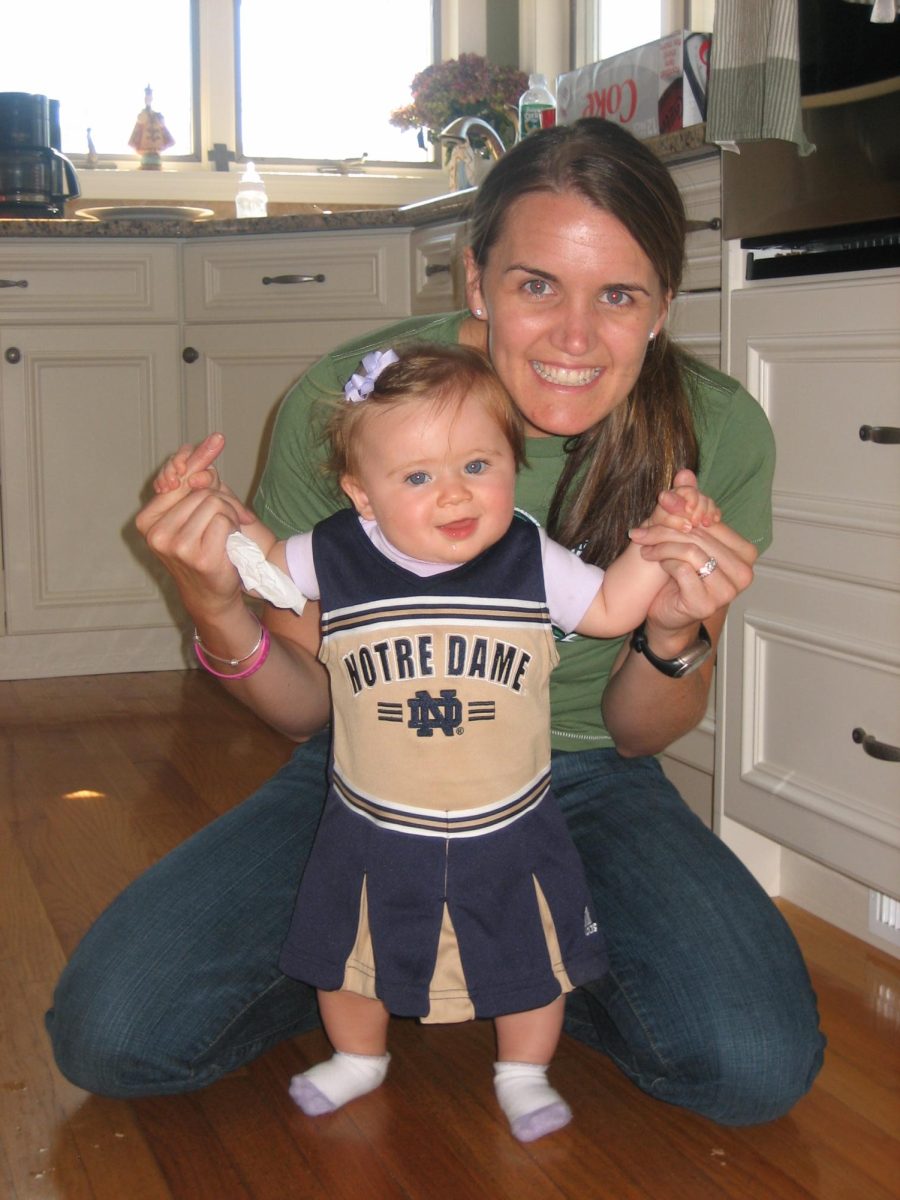






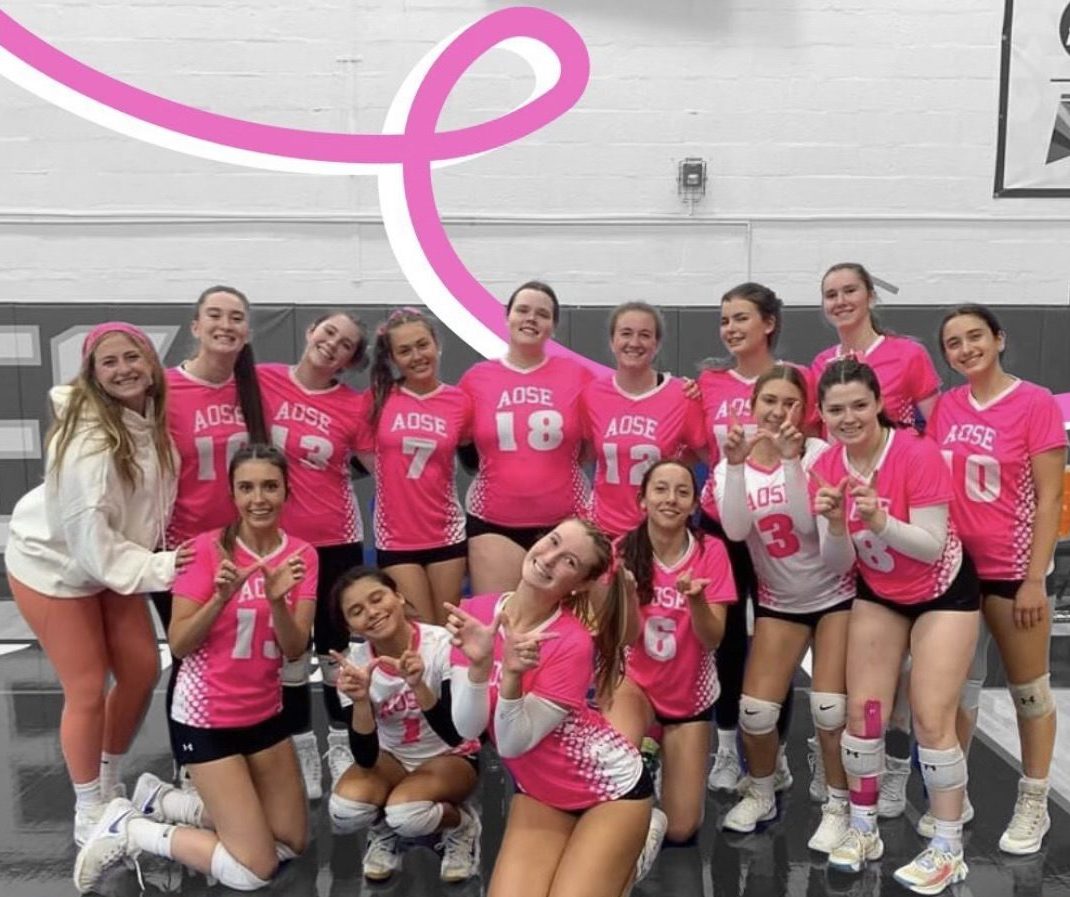























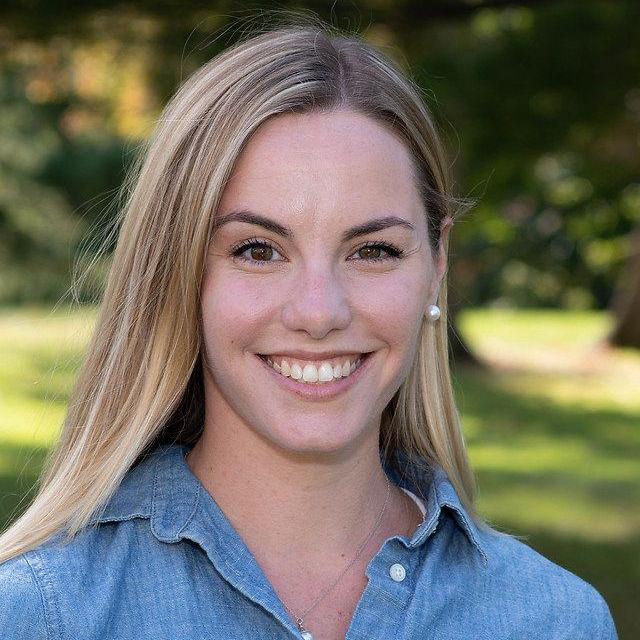



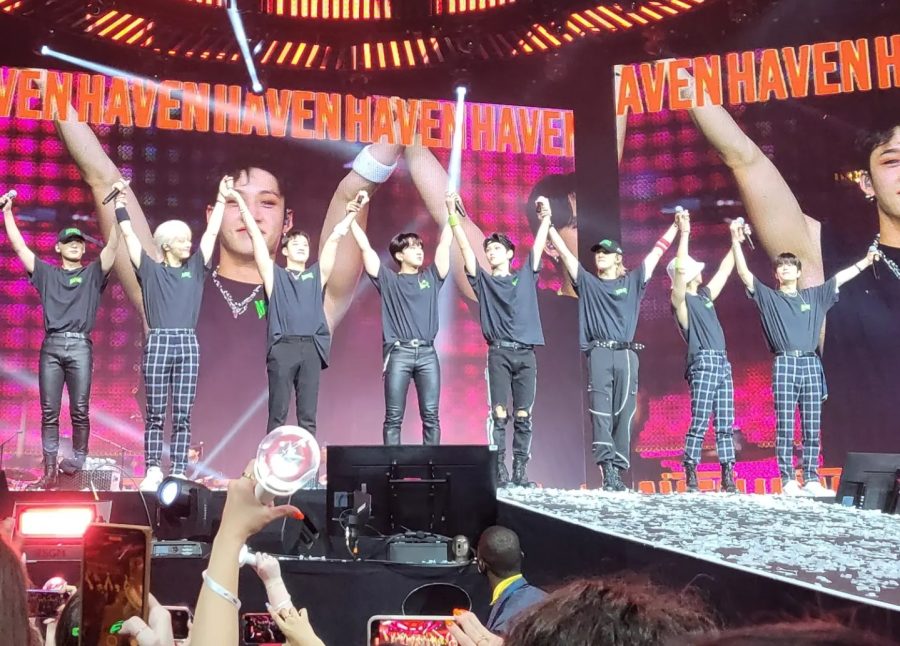

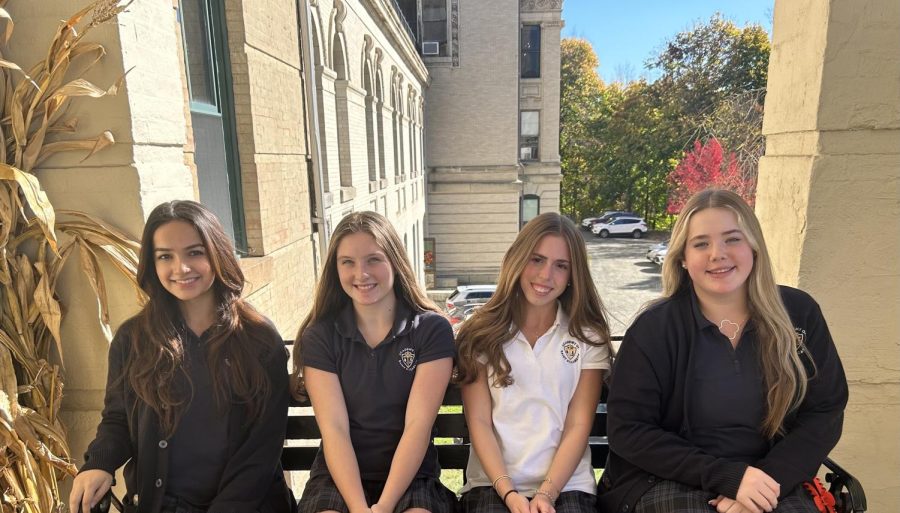





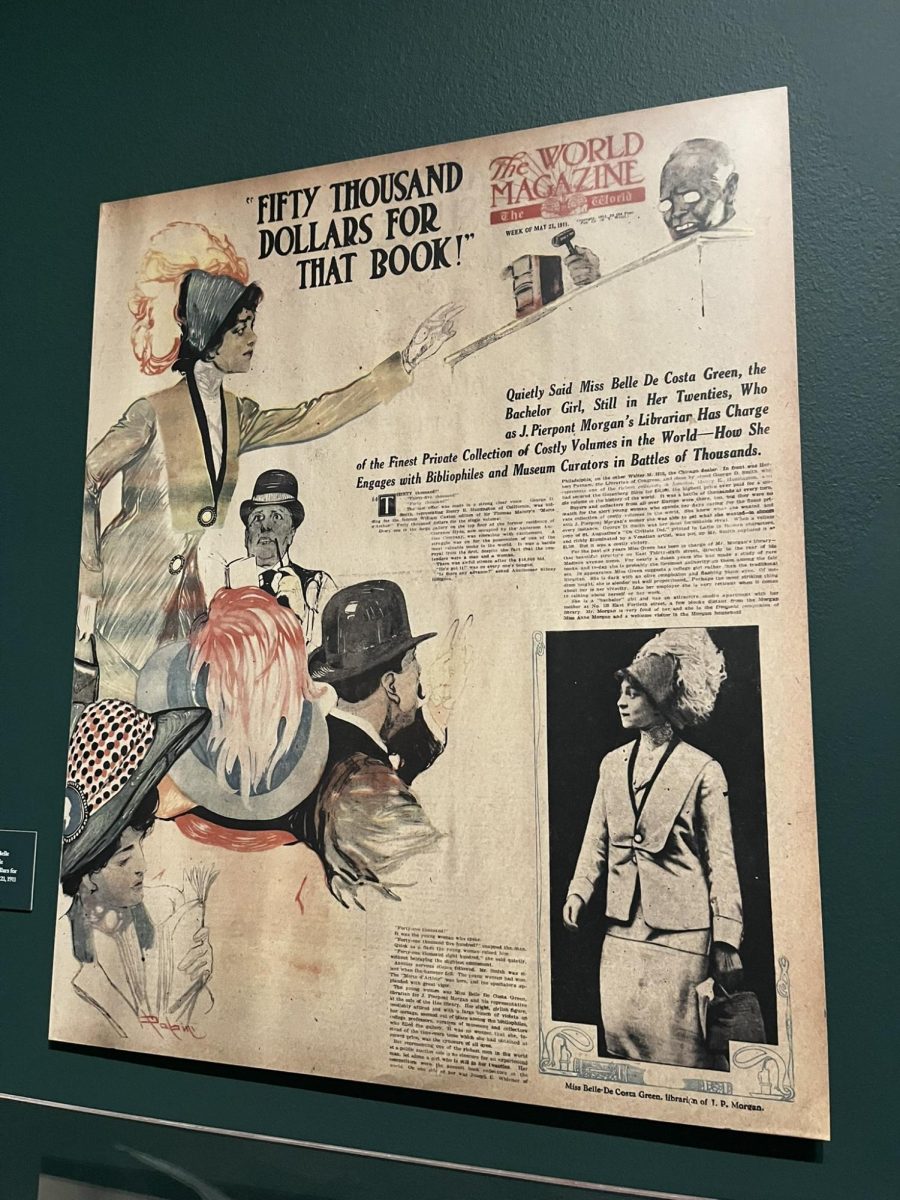



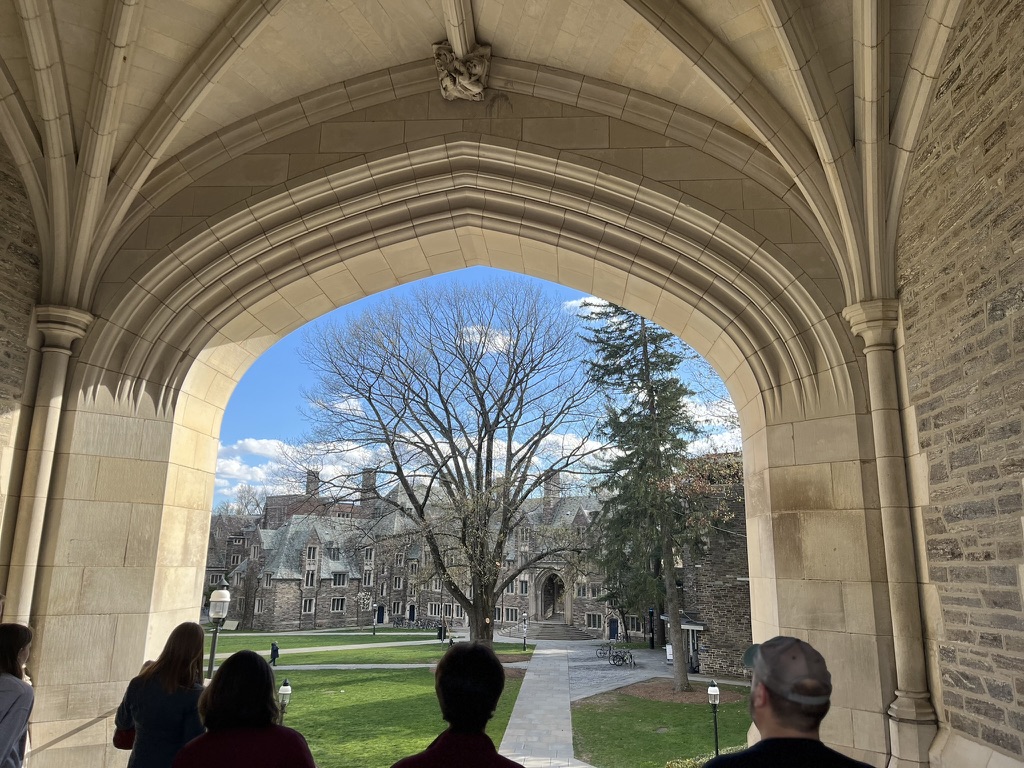
Katie • Feb 9, 2024 at 10:36 am
I’ve always wondered this. Sounds like it would ruin my life with one wrong step!